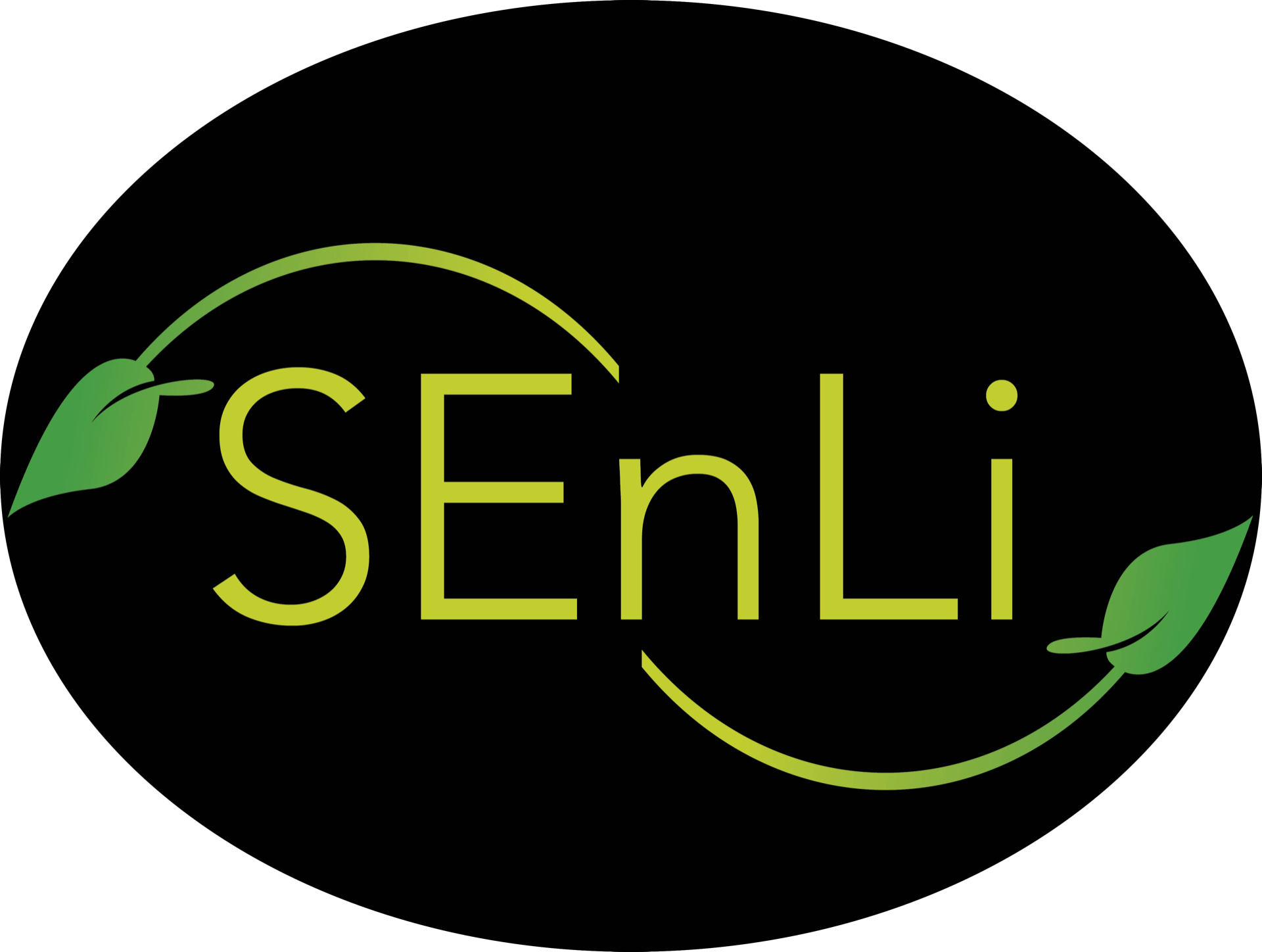Showing practical examples of sustainability projects is part of SEnLi’s objectives. There are variable projects involving SEnLi members that tackle one or more SDGs and target sustainability. We follow these members as they progress in their projects and share their preliminary and final results. This helps them get feedback and improve their designs throughout the project lifespan.
1- HoBi: The Home Bio-digester
In order to stimulate the regional economy and reduce household organic waste, a member of SEnLi, Paolo Jr. Mrad, is working on the development of “HoBi”, an out home bio-digester. HoBi turns food waste to cooking gas and liquid fertilizers. It closes the loop necessary for an eco-effective design.
Project supervisor: Dr. Alissar Yehya
Lab Setup: Dr. Nicolas Abdel Karim Aramouni
Check this project!

2- SEnLi Junior
The youth have the strength and dynamism to generate impactful transformation in society, which is why their role is integral in rebirthing and developing our country. The mission of SEnLi Junior is to introduce the youth to the fundamental principles of sustainability, equipping them with the necessary tools needed to resolve arising environmental, economic, and social issues. SEnLi Junior strives to profoundly impact the thought process of young school students to incorporate these principles into their daily lives.
The proposed methodology is the formulation of interactive modules that will introduce the UN’s sustainable development goals (SDGs). The structure of the modules resembles that of a game rather than a series of lectures, which create a fun learning environment for the students who are seeking refreshing content in the midst of their classes. The target audience of this project is school students aged 9 to 15, divided into 3 different age groups. In order to increase fair accessibility, the modules will be available in English, Arabic, and French, for students in both private and public schools.
The schools that are willing to adhere to our initiative will be able to endow their students with an increased understanding of sustainability and ecological concepts, bolstering their critical thinking and decision-making skills in academic or social settings. The inclusion of such a program within a school’s curriculum can, in turn, increase its standing as a result of its promotion of a fun, pioneering and interactive educational program.
Team members: Elsy Milan, Paolo Jr. Mrad, Nour Kabalan, Chimaa Tamin, Hadi Noun, Sally El Sayed, Yasmina Fakhoury.
3- EcoMatch
The project addresses the waste crisis in Lebanon, as well as the lack of raw materials and inability to import them due to the current economic crisis. In fact, these problems have worsened since the Beirut Blast: a lot of waste was generated, and citizens do not have access to materials needed for rebuilding. Several solutions already exist: recycling, incinerating or exporting the waste. However, an important concept not being taken into consideration is circular economy. Its goal is to upcycle waste into something useful, in this case, raw materials. This concept inspired the “Eco Match” project. It aims to connect Lebanese companies for them to trade their waste. In simpler words, Eco Match is like a dating app, but for materials. Target customers are all sorts of firms, such as factories, restaurants, recycling centers, etc. A company will make a profit from its waste while aiding the environment and the community. Meanwhile, another company will equally benefit and receive cheaper raw materials. Eco Match is not only a 2-in-1 solution to both problems and a step to make the Lebanese economy circular, but it also raises awareness on how valuable and useful waste can be in hindsight to how often it is taken for granted.
Team members: Nour Kabalan, Elham Chaiban, Paolo Jr. Mrad, Nabeel Yakzan.
4- Combating Period Poverty in Lebanon
After the economic crisis and the currency devaluation, period poverty became a serious issue that threatens health equity and the economic empowerment of women in Lebanon. Recent studies show that disposable sanitary products have become unaffordable for a large number of women (Lebanese and refugees), in addition to their high impact on the environment and on human health. The aim of the project is to present a thorough sustainability assessment of this issue by looking at the economic, environmental, social, and human aspects, and present guidelines for an eco-effective, affordable, and socially responsible design of reusable alternatives produced by the local communities, using safe materials and accompanied by the necessary awareness campaigns.
This project is funded by the Alwaleed Center for American Studies and Research (CASAR).
Team members: Khaled El Hariri, Nabil Jerdak, Anthony Najem, Sally El Sayed, Kassem Ibrahim Husseini.
